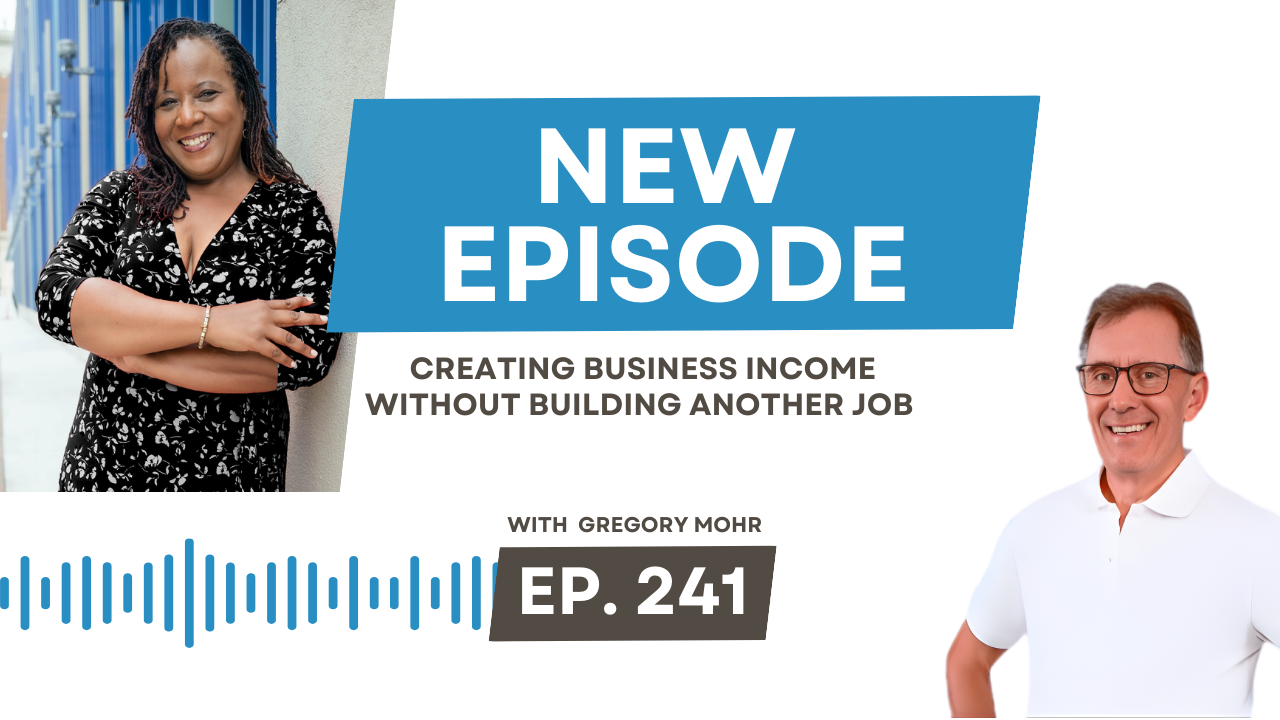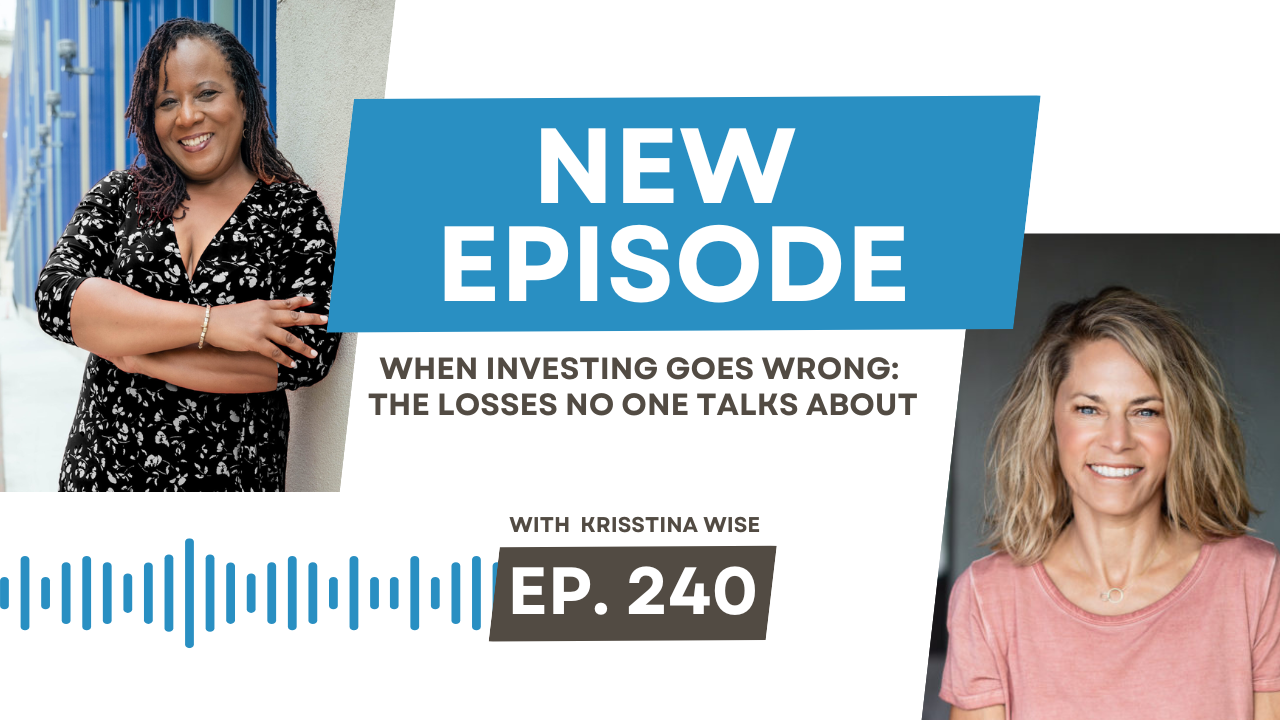Sales Tax, Income Tax, Property Tax, Payroll Tax…
Why is there so much talk about taxes? Aren’t they a fact of life?
Yes, taxes are a fact of our lives, a controllable fact. As Tom Wheelwright, CPA says, “If you want to change your tax, change your facts!”
Taxes are the biggest expense of our lifetime.

So many spend time finding a bargain in the grocery store or online shopping, but no time on reducing their biggest expense.
Once I witnessed a friend on the phone investigating a $25 charge with the cell phone company for over 20 minutes. This same friend hands over her tax papers to her accountant yearly with no thoughts on finding ways to save on taxes.
My friend, also a physician, and I have spoken often about these types of habits. Ultimately, she has become a passive investor and is making enough through her investing to soon be able to leave medicine should she choose to do so. By the way, she loves medicine, most of the time.
My desire is to help people to understand taxes, how to save on taxes, and how to have more control over their money. Having control of your tax bill lets you put your money to work on things that are important to you, not what is important to the government.
You get closer oversight of how your money is used. Take a look.
The federal government has long used tax incentives to further the good of the country – both economically and socially. There are multiple examples of tax breaks and deductions designed to spur economic growth and also further social causes.
If you know anything about the tax code, it’s that it favors risk-takers and entrepreneurs over those who punch a clock – taxing income earned from wages (ordinary income) at higher rates than profits earned from business ventures and partnerships (capital gains) for the high earners. The top capital gains rate is 20% while the top tax bracket for earners is 37%. The difference is significant.
Not only is the entrepreneur’s income taxed at lower rates, but the amount of income that is taxable is also often lower.
Ignoring any other deductions, for the very top earners, what would you guess is the amount of taxable income between a single entrepreneur/passive investor and a single doctor both earning $500,000?

IS THIS YOUR GUESS?…
(Income x Tax Rate = Total Taxes Owed)
Passive Investor: $500,000 x .20 = $100,000
Doctor: $500,000 x .35 = $175,000
Difference: $175,000 – $100,000 = $75,000
If you guessed the difference in taxes paid between the passive investor and the doctor was $75,000, you would be wrong!
That’s because the Tax Reform of 2017 sweetened the pot even further for passive investors by allowing them to deduct up to 20% of their business income from a partnership.
In the scenario above, that would mean the passive investor would only pay tax on $400,000 of income instead of $500,000. That would mean a tax of only $80,000 instead of $100,000.
You can see why private equity and hedge fund investors were over the moon when the Tax Cuts and Jobs Act (the Tax Reform) passed in 2017.
The bias towards entrepreneurs doesn’t stop there.
The tax code also incentivizes taxpayers to invest in projects that have a social impact. One of the major components of the 2017 Tax Reform was the implementation of the Opportunity Zone program that offers investors substantial tax incentives including significant capital gains deferrals for investing in distressed neighborhoods through private funds.
There are so many ways to affect your tax bill. It takes education and a team and believe it or not, once you know the game, it is fun.
Learning about where your money goes and how to affect how it travels is imperative in building wealth.
GREAT NEWS! You can now hear all about investment opportunities helping communities thrive and investors build resilient wealth with our NEW podcast show Money with Mission available on Apple Podcast, Spotify, and Stitcher. Subscribe today!






